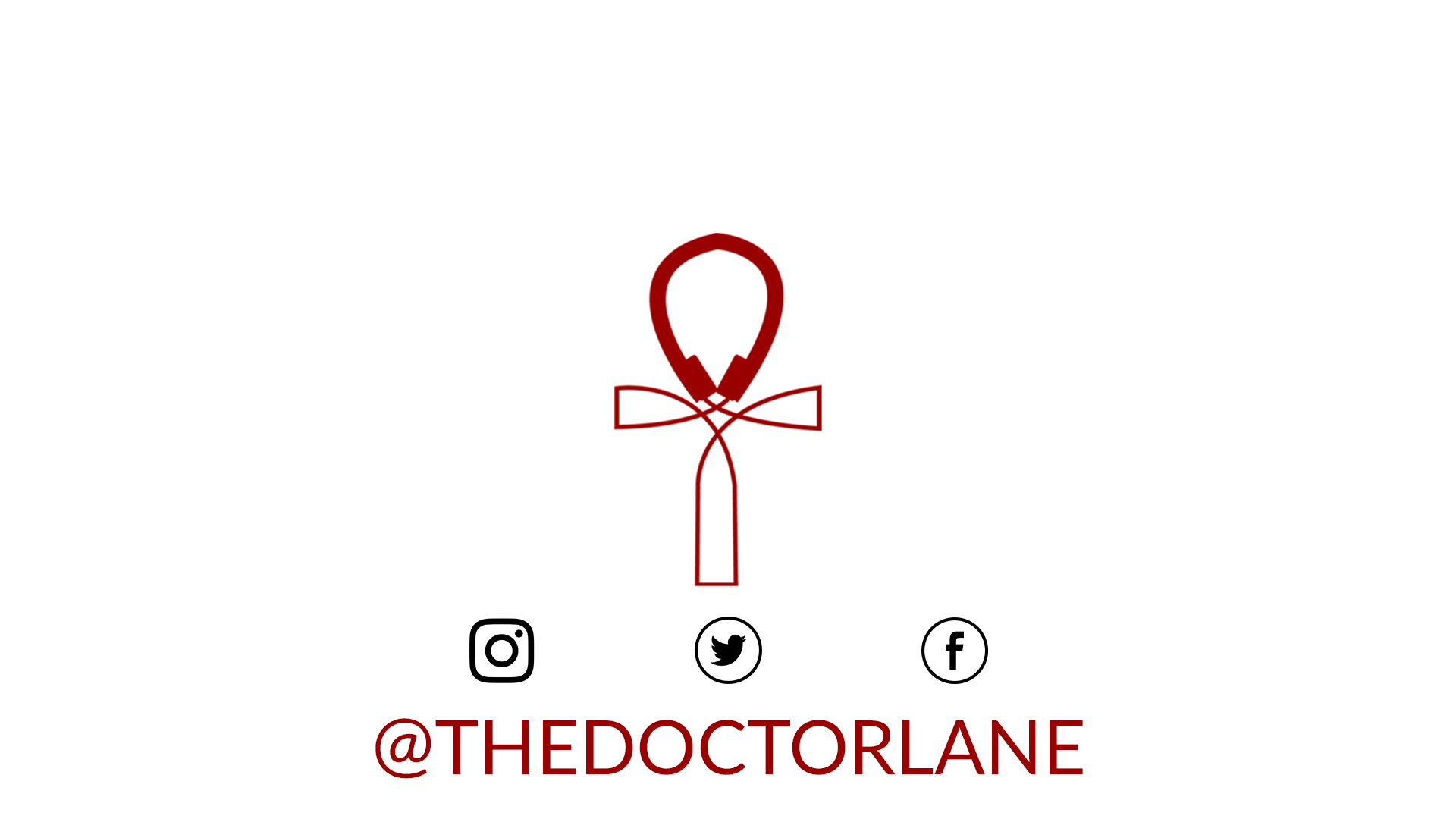What is Summer School?
Summer School is what happens when a dope ass professor teaches critical social and cultural theory in a bar.
If you’re intellectually curious, get excited by the prospect of deep thinking, and stimulating conversation, then join Dr. Nikki Lane for a series of lectures about Black popular culture and sexual politics in America. Enjoy an evening in the company of other smart folks like yourself as you tackle discussion questions for the night. Enjoy happy hour drink specials at the H St. location of the upscale pizzeria Red Rocks. Enjoy an engaging lecture from a dynamic, funny, and gifted lecturer.
Bring friends. Bring bae(s). Bring your curiosity to Summer School.
Summer School 2019
August 14
Wakanda Forevever: Reading Blackness in Film
The release of Disney’s Marvel Comics’ film Black Panther was a world-wide event. Black moviegoers dressed up, coordinated dances, and took pictures of themselves doing the “Wakandan salute.” Black people all over the world celebrated the superhero film not only for having nearly entire cast of African and African American actors and actresses, but also in its commitment to telling a story rooted in questions ongoing within the African Diaspora and for having a multitude of representations of kinds of Blackness. Additionally, the film’s director and co-writer, Ryan Coogler, ensured that much of the production itself was led by Black producers and designers. The film and its production highlighted the lack of representation of Black people in the major Hollywood blockbuster film genre and in Hollywood more generally.
In this lecture, we’ll contextualize the film Black Panther by considering its place within the history of representations of Blackness in the film industry in the U.S. I’ll introduce you to critical theories of race and representation, and together consider what we think it means for Disney and Marvel Comics to be in the business of representing Blackness to the world.
Previous
Important quotes, reading list, and discussion questions
Black LGBT Pride Celebrations (hereinafter referred to as Black Pride) in the United States is different from “general” LGBT Pride Celebrations. Black Pride Celebrations are a special collection of events meant to celebrate and address the specific issues of local Black LGBT people and highlight Black LGBT and allied businesses and creatives. They are organized by a diverse group of Black local stakeholders.
In this lecture, I discuss the history of Black Pride Celebrations, the first of which was held right here in Washington, DC. I also discuss the Black queer communities which gave birth to it. I’ll share bits about my current research project that is actively working to collect and preserve archival material related to Black Pride Celebrations. Got old photos, posters, pamphlets, or other material from Black Pride? Bring them!
Important quotes, reading list, and discussion questions
In this lecture, we will discuss the noise over which black women who rap must contend in order to make their voices heard. We will discuss the ways that black women who rap work within and outside the boundaries of what is understood to be “appropriate” for black women within and outside of hip-hop culture to do and say. We’ll focus on the meteoric of Cardi B asking how she has consistently disturbed the boundaries around norms of racialized gender and sexuality.
We’ll discuss how black women who rap have consistently managed to overstep these boundaries using the language of hip-hop, which is typically a domain where men and masculinity reign supreme, to question hip-hop’s patriarchy and heteronormativity and exposing its fault lines. We’ll end by thinking about how black women who rap dare us to listen to what Black women have to say about their experiences of race, gender, and sexuality.
Important quotes, reading list, and discussion questions
In this lecture, we will discuss the noise over which black women who rap must contend in order to make their voices heard. We will discuss the ways that black women who rap work within and outside the boundaries of what is understood to be “appropriate” for black women within and outside of hip-hop culture to do and say. We’ll focus on the meteoric of Cardi B asking how she has consistently disturbed the boundaries around norms of racialized gender and sexuality.
We’ll discuss how black women who rap have consistently managed to overstep these boundaries using the language of hip-hop, which is typically a domain where men and masculinity reign supreme, to question hip-hop’s patriarchy and heteronormativity and exposing its fault lines. We’ll end by thinking about how black women who rap dare us to listen to what Black women have to say about their experiences of race, gender, and sexuality.
Sponsors
Thank you to these generous sponsors for contributing to my dream of educating EVERYBODY who wants to learn contemporary critical theory, and apply it to their everyday lives. Y’all the real MVPs.
Gold Sponsors
Our Gold Sponsors couldn’t make it, but wish they could. To show support, they’ve sponsored a free ticket for someone else.
Our Platinum Sponsors have purchased multiple tickets to show their support. They are our heroes.
- Lydia Kellow-Bennett
- Cheryle Lane
- Jess Vooris
Promotional Sponsors
Thank you for helping us spread the word! We appreciate you and want everyone to know how amazing you are.







